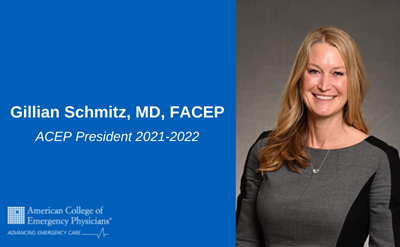WASHINGTON, D.C.—The American College of Emergency Physicians (ACEP), the American Society of Anesthesiologists (ASA) and the American Academy of Ophthalmology (AAO) today issued a statement regarding yesterday’s comments by Food & Drug Administration Commissioner Scott Gottlieb, M.D., on the current shortages of intravenous drugs and supply disruptions. ACEP President Paul Kivela, M.D., FACEP, says we are gratified by this statement as an indication that FDA has turned its attention to this issue. Continued leadership by FDA will be critical to developing a comprehensive and permanent solution to the nation’s ongoing and worsening drug shortage crisis.
“We are encouraged that Commissioner Gottlieb recognizes the severity of the drug shortage problem and we agree with his recommendations to work with Congress to re-evaluate FDA authorities in this area,” said Dr. Kivela. “As front-line health care providers, we stand ready to work with FDA on permanent solutions to this crisis. We urge the FDA to convene its Drug Shortage Task Force with other relevant federal departments and stakeholders to identify all causes of drug shortages and develop recommendations to Congress as soon as possible to ensure appropriate supplies of essential medications are always available.”
Our specialties want to work together with the FDA, other federal departments and interested stakeholders to solve this problem. Drug shortages present significant risks for our patients every day and threaten the stability of our health care system.
“This crisis is impacting patient care across the country,” AAO President Keith Carter, M.D., FACS, “No region or demographic is spared from the harm these shortages cause.”
While there is a mostly predictable demand for essential drugs, the supply is becoming increasingly unpredictable. These shortages affect all classes of medications and include commonly-used drugs used every day, such as local anesthetics, injectable opioids, ophthalmic diagnostics, and even sterile IV fluids necessary for delivering nearly every drug used in many health care settings.
“These persistent shortages can last for months or longer and affect all classes of medications used in a variety of settings—emergency departments, hospitals, ambulatory, surgical centers, among others, said James Grant, MD, president of the ASA. “These are essential products used every day, and for many, there are no suitable alternatives readily available. Critical shortages of injectable opioids and local anesthetics are affecting anesthesiology practices, public, private and academic throughout the country.”
 American College of Emergency Physicians
American College of Emergency Physicians







